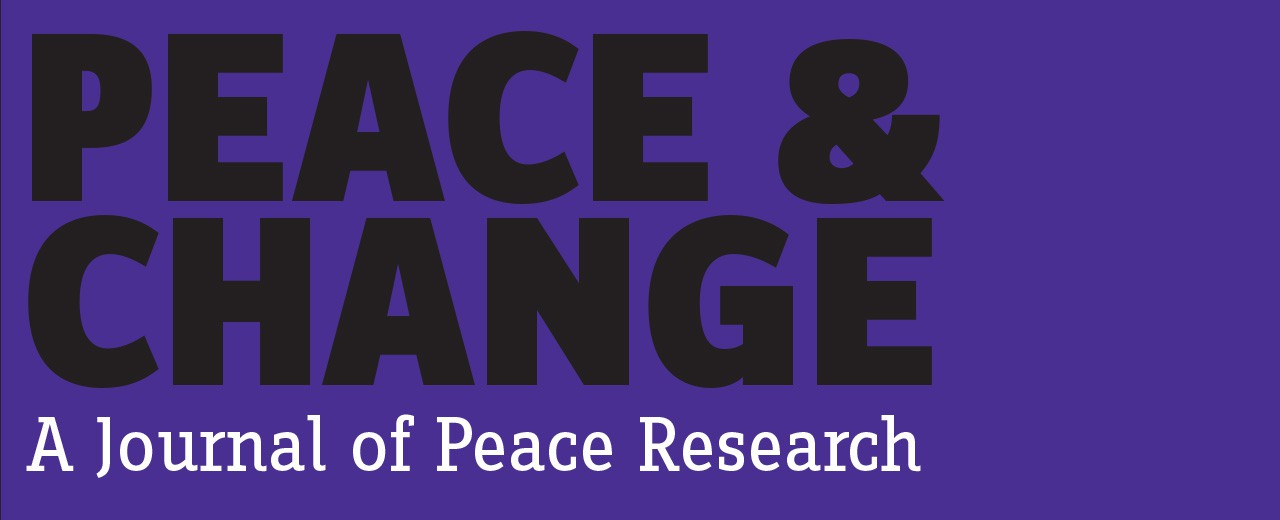by Sandra Simić
Part III – Common Heritage
“Since wars begin in the minds of men (and women), it is in the minds of men (and women) that the defenses of peace must be constructed”, the UNESCO Constitution says.
Four centuries ago, in the heart of various beliefs – Hindu, Persian, Muslim, Christian – the emperor Akbar the Great gathered in his palace in Delhi philosophers, scholars, and mystics, in order to find together the core in which religions unite. (2) We may be inspired by such a noble initiative.
The vision of building instead of destroying the future together, by all members of the human family, must not be limited to rational science. Focusing on material globalization only is like building a house on sand. Spiritual globalization is needed as well, through a search for the common origin and a sense of shared humanity.
Opinions on whether religion is a cause of international conflicts vary. Some thinkers believe that religion is one of the interrelated factors causing conflict, while others believe that it is never the cause of the conflict. (3) Religion might also be hijacked for political purposes, presenting it erroneously as the primary reason for war, instead of economic or other interests.
Spiritual leaders are continually calling for peace. The Second Vatican Council renewed the Roman Catholic Church, a part of the process being the support for the international order, UN and human rights. (4) This support is most evident from the Pacem in Terris, a famous encyclical of His Holiness Pope John XXIII, which emphasizes in the point 61 that “any government which refused to recognize human rights or acted in violation of them, would not only fail in its duty; its decrees would be wholly lacking in binding force”. Further, it is noted in point 88 that some nations may have attained a superior degree of development, but this does not “entitle them to exert unjust political domination over other nations. It means that they have to make a greater contribution to the common cause of social progress.”
When leaders focus on the relevant issues and create a positive context, things are starting to change. Sincerely positive global spirit uniting all cultures and religions together may be witnessed at the General Audience with His Holiness Pope Francis, who interestingly, took the name of the saint of peace.
In spite of dogmatic differences, we should seek to find the source which is the same for everyone and build togetherness from there. For example, The Golden Rule is worldwide accepted by all religions. (6) Reading its narrative through various religious traditions is illuminating, as the same idea is repeated over and over in different literary styles. Basically, it says that you should not do to others what you do not wish others do to yourself.
Focusing on shared values and common heritage might be further developed by establishing an organization which would serve the following purposes: connecting people and cultures physically and virtually, serve as a place where people could get accurate information about all religions, provide grants for artists promoting these values through books, movies, music, and visual arts, provide grants and resources for scientific research aimed at finding shared values and other noble ideas leading to this aim. A digital church might also be created, meaning a digital place where people from all over the globe can meet, discuss and share directly and in real time. Creating an appropriate setting for the expression of such ideas would make all the difference. Publishing and producing is a commercially driven business, meaning that it adapts itself to the market and follows trends. The prevailing themes are negative. This is why it is necessary to create a space where freedom of expression is not restricted to market trends, but it also opens possibilities for artists with an optimistic and positive vision of the future. Building relationships on shared values, while keeping cultural and religious differences as they enrich us. We are all on the same path of discovering life in its sophistication and beauty and every path is valuable.
Creating peace is possible. The positive context, organization and focus on shared values are necessary. It is also important being continually aware of the fine line between those who divide and those who connect people, especially when electing leaders. The old Latin phrase Acta, non verba (Actions, not words) teaches us that we should focus more on concrete results such as making peace deals which last or deciding not to send armed forces to war, instead of endorsing the elegant pacifistic rhetoric only.
It is unacceptable in the 21st century to judge someone on the basis of what she or he gained by birth, on the basis of something beyond their influence. It is particularly unacceptable to divide on the basis of religion. The path of every person towards spirituality merits respect. In Genesis 15:5, God promised Abraham/Ibrahim that He would give him as many children as there are stars in the sky. Looking at the sky, I believe Abraham/Ibrahim wanted to see that harmony and glow between his children. God made His promise. His descendants are Jewish, Christians and Muslims. It is upon us to build that harmony and not be misled by artificial worldly divisions.
By focusing on values we all share, instead of emphasizing differences, we shall build a more sophisticated and future-oriented culture.
References
- UNESCO Constitution.
- Mourad, Kenizé, „Tragom mrtve princeze“ (Croatian translation of the original title: „De la part de la princesse morte“), Znanje, 1989, p. 185. (vol.2.).
- Smock, David R. (eds.), “Interfaith dialogue and peacebuilding”, United States Institute of Peace Press, 2002, p. 127.
- O’Connell, Mary Ellen, “Belief in the Authority of International Law for Peace”, in: Justenhoven, Heinz-Gerhard, O’Connell, Mary Ellen (eds.), Peace through law: Reflections on Pacem in Terris from Philosophy, Law, Theology, and Political Science, 1. Edition 2016, Nomos Verlagsgesellschaft, p. 60.
- Pacem in terris, encyclical of Pope John XXIII on establishing universal peace in truth, justice, charity, and liberty, April 11, 1963.
- Bowker, John, “World Religions”, Dorling Kindersley Limited, 2003 (revised edition published in 2003, first published in London in 1997), p. 208.
Sandra Simić, mag.iur., LLM, is a lawyer specialized in Public International Law and European Law (University of London, Queen Mary&University College London), with extensive professional experience in private (Attorney at Law) and public sector. This essay represents her personal opinion. She may be reached at: sandra_law@europe.com; SandraSimic©.

